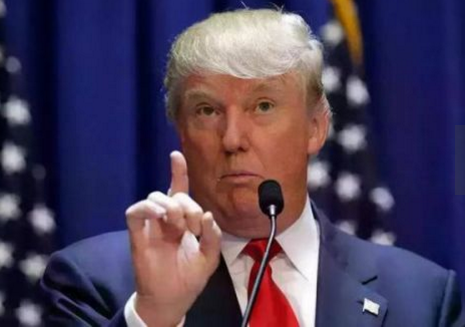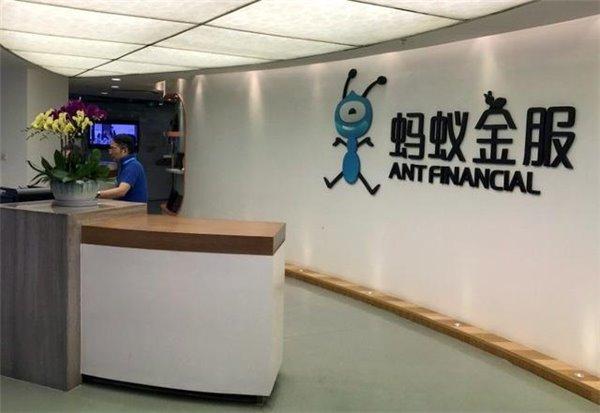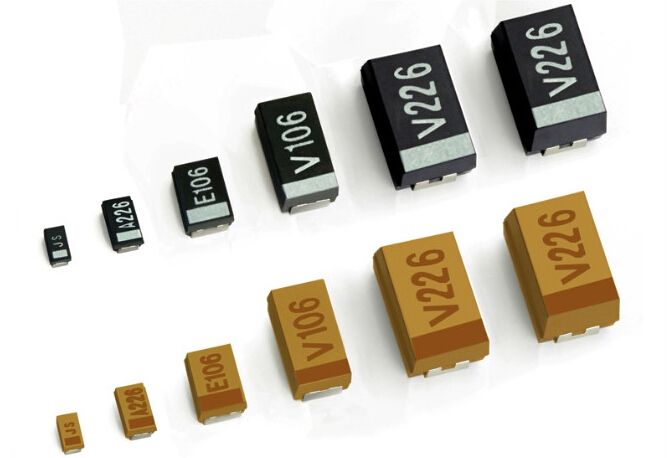The United States again took the security review and said that Tencent’s acquisition of HERE was bankrupt
[World Wide Web Reporter Lindy] According to a Reuters report, European digital map provider HERE (HERE) has recently announced that it has stopped accepting capital injections from three companies, including Tencent Holdings, due to failure to obtain U.S. regulatory approval.

Figure: Bankruptcy investment in HERE due to US security review
According to a previous report by Global Network, in December 2016, Hereore announced that Tencent, China’s large digital map company Beijing NavInfo and Singapore Government Investment Corporation (GIC) will be from three German car companies (BMW, Audi and Daimler) Le) obtained a 10% stake in HERE. (Note: The HERE map was originally owned by Nokia and was acquired by Audi, Mercedes-Benz, and BMW in December 2015.)
Recently, NavInfo also stated that due to the special nature of overseas regulatory approvals, overseas regulators have not obtained permission for this transaction at the end of the audit period. The company intends to negotiate with related parties and no longer advance the transaction.
Naviglas said that the termination of this equity acquisition will not affect the cooperation between the company and HERE. The company and HERE have signed several prior cooperation agreements and do not take effect as a condition for the completion of the investment. HERE's joint venture company has also been established and operational in the country. The company and HERE will continue to work closely together to jointly provide global customers with comprehensive and high-quality services. All parties to the transaction will actively look for other models to deepen cooperation.
HERE said, "Despite the failure of the agreement, it will continue to cooperate with NavInfo and Tencent to sell digital maps and location services in China and elsewhere."

Reuters analysis believes that the US authorities are worried that the detailed map information collected by the car will be obtained by the Chinese because HERE holds 80% of the market share in maps for car navigation systems in Europe and America. In addition, HERE also announced recently that it will cooperate with "Pioneer", which holds 30% of the Japanese market share.
CFIUS (United States Foreign Investment Committee) has not yet responded to this.
It is reported that this is not the first time that the U.S. authorities have blocked such transactions, especially transactions with China.

This month, after three non-CFIUS approvals, China’s private equity fund, Canyon Bridge Capital Partners, blocked a US$1.3 billion offer from US chipmaker Lattice Semiconductors. Trump also stated that the US government will Closely examine China's investment in semiconductor technology.
It is reported that this is the fourth time in 25 years that the President of the United States has stopped foreign companies from acquiring US companies because of national security issues. President Obama has used this power twice, as in December last year when US President Barack Obama prevented a Chinese company from buying German semiconductor equipment supplier Aixtron SE in his California operations. And both of these cases are for Chinese companies. In 1990, President Bush also prevented a Chinese company from acquiring Seattle manufacturers.
Last year, China’s Tsinghua Unisplendour planned to purchase a 15% stake in HDD Western Digital, and the termination of the transaction was not unrelated to the CFIUS review.
According to a previous report by Global Network Technology, last month, the United States launched an official review of China’s intellectual property issues. US politicians and military leaders also urged the government to further examine China’s investment in the United States, especially in the technology industry.

At present, there are several Chinese companies that are reviewing the acquisition of U.S. companies. At present, pending transactions under review include Ant Financial's bid of US$1.2 billion to buy U.S. money transfer company Money Transfer. China Panhai Holding Group is also seeking its $2.7 billion acquisition of US insurance company Genworth. In addition, politicians in the United States are also calling for refusal of other transactions with Chinese companies.
It is worth mentioning that according to Rhodium Group's statistics, China’s investment in the United States has surged, with more than US$46 billion in 2016, which is three times that of 2015. Chinese investors are expected to surpass this figure this year.
Thick Film Chip Resistors Chip resistors, Chip from Fixed Resistor directly translated, commonly known as SMD Resistor (SMD Resistor), is one of the metallic glass uranium Resistor.It is a resistor made by mixing metal powder and glass uranium powder and using screen printing method to print on the substrate.Moisture and high temperature resistance, low temperature coefficient.It can save the circuit space cost and make the design more refined.

Thick Film Chip Resistors,Smd Thick Film Chip Resistor,Thick Film High Voltage Chip Resistor,Chip Resistors Thick Film Resistors
YANGZHOU POSITIONING TECH CO., LTD. , https://www.cndingweitech.com
